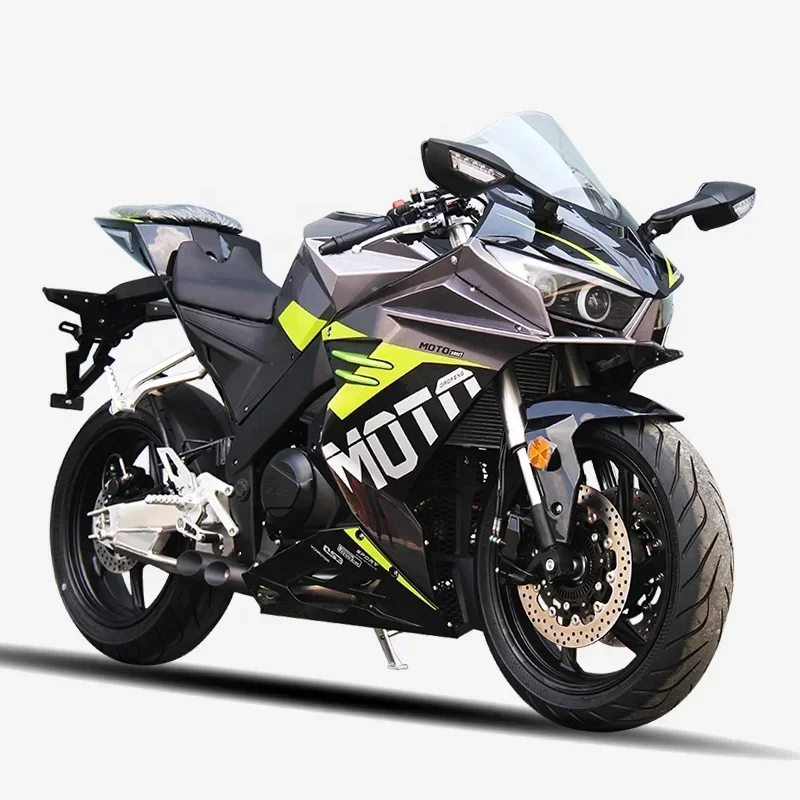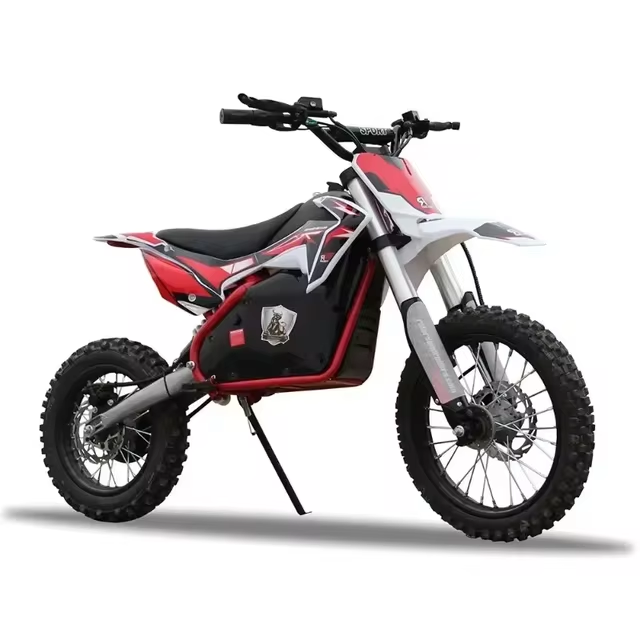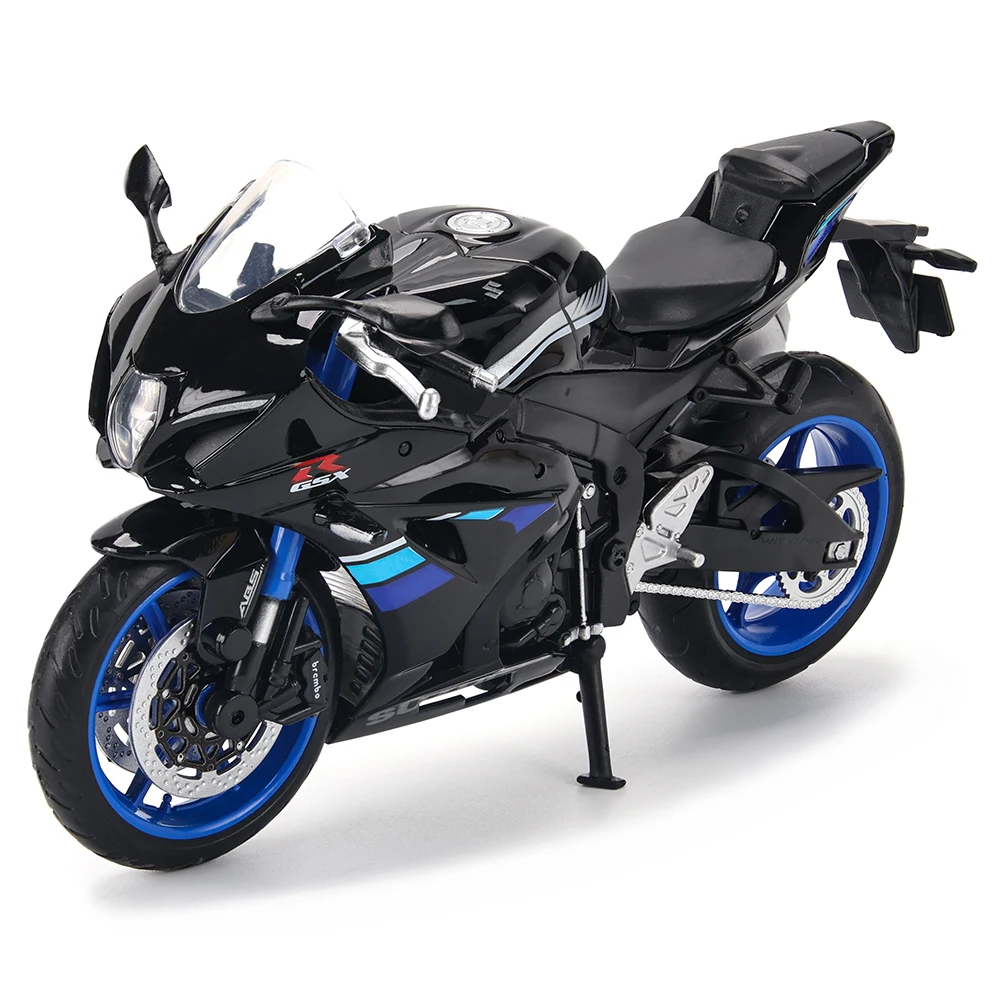Essential Gear for Motorcycle Safety
Riders can’t control every aspect of the road, but they can ensure personal safety with the right gear. Motorcycle accidents in Omaha, like in any urban area, can happen suddenly, making protective gear crucial. Here is a breakdown of essential safety gear for motorcyclists:

- Helmets: The most important piece of gear. It should meet the Department of Transportation (DOT) standards.
- Jackets and Pants: Choose abrasion-resistant materials like leather or reinforced synthetic fabrics.
- Gloves: Protect your hands with gloves crafted for motorcyclists; they should allow for a good grip and be durable.
- Boots: Footwear should be sturdy, covering the ankle and providing a firm grip on the road.
- Eye Protection: If your helmet lacks a face shield, wear goggles or glasses with shatterproof lenses.
- Hearing Protection: Long-term exposure to engine and wind noise can affect hearing. Consider using earplugs.
Always check the condition of your gear before each ride. Well-maintained safety equipment can be the difference between minor injuries and severe consequences in a motorcycle accident in Omaha. Keep the colors bright or incorporate reflective material so you are visible to other road users. Balanced with a comprehensive understanding of traffic laws and safe riding practices, the right gear can significantly reduce risks on the road. Riders should never compromise on safety, no matter how experienced they are or how short the journey in Omaha might be.
Understanding Omaha Traffic Laws for Motorcyclists
Navigating Omaha’s streets on a motorcycle requires more than just balance and skill. It involves a deep understanding of local traffic laws specific to motorcyclists. Familiarizing yourself with these regulations is critical to your safety and that of others on the road. Here are the key traffic laws that Omaha motorcyclists must follow:
- Helmet Requirements: Omaha enforces strict helmet laws. Riders must wear DOT-approved helmets at all times.
- Lane Splitting: This practice is not permitted in Omaha. Motorcyclists should ride within a single lane and avoid riding between lanes of traffic.
- Speed Limits: Obey posted speed limits, which are there for the safety of all road users, not just motorcyclists.
- Signaling: Use appropriate hand signals or your motorcycle’s blinkers to indicate turns and lane changes well in advance.
- Licenses: A valid motorcycle license is a must. Ensure you’ve passed the required tests and renew the license as needed.
- Insurance: Maintaining minimum liability insurance is required for all motor vehicle operators in Omaha, including motorcyclists.
In addition to following these laws, it’s important to stay current with any changes or updates to local traffic regulations. Omaha might have seasonal regulations or temporary adjustments due to roadwork that can affect your daily route. Being proactive and keeping informed will help you avoid violations and the potential for a motorcycle accident in Omaha. Safety on the road begins with recognizing your legal responsibilities and adhering to them meticulously.
Common Causes of Motorcycle Accidents in Omaha
Motorcycle accidents can strike at any time, and understanding their common causes is key to prevention. Here’s what motorcyclists in Omaha should be aware of:
- Distracted Driving: Both car drivers and motorcyclists can cause accidents when they’re not paying full attention to the road.
- Speeding: Exceeding speed limits or riding too fast for road conditions is a leading factor in crashes.
- Drinking and Riding: Alcohol impairs judgment and reaction times, making it a dangerous combination with riding.
- Right of Way Errors: Mistakes in yielding the right of way at intersections can lead to collisions.
- Sudden Stops: Rear-end accidents can occur when a vehicle in front of a motorcycle stops abruptly.
- Inexperienced Riders: Lack of experience can result in poor decision-making on the road.
Motorcyclists must stay alert and anticipate the actions of other drivers to avoid these risks. By recognizing these potential causes of a motorcycle accident in Omaha, riders can adapt their behavior to enhance their safety.
Defensive Driving Techniques for Motorcyclists
Adopting defensive driving techniques is essential for motorcyclists in Omaha to stay safe. Here are some strategies:
- Stay Visible: Wear bright clothing and use lights, even during the day, to ensure other drivers can see you.
- Maintain Safe Distance: Keep enough space between you and the vehicle in front to react if they stop suddenly.
- Scan Continuously: Always look ahead and check mirrors to stay aware of your surroundings.
- Anticipate Hazards: Watch for potential dangers like potholes, wet roads, and erratic drivers.
- Avoid Blind Spots: Stay out of other vehicles’ blind spots, especially larger trucks and buses.
- Ride Predictably: Use signals, and don’t weave between lanes. Make your intentions clear to others.
By following these techniques, you can reduce the risk of a motorcycle accident in Omaha. Make your safety a top priority every time you ride.
 The Role of Weather in Omaha Motorcycle Safety
The Role of Weather in Omaha Motorcycle Safety
Weather conditions in Omaha can greatly impact motorcycle safety. Sudden weather shifts can create hazards for riders. Here are some weather-related safety concerns for Omaha motorcyclists:
- Rain and Wet Roads: Rain can reduce tire traction, increasing the risk of skidding. Wet roads also affect braking distances. Always slow down and be cautious when riding in the rain.
- High Winds: Gusts can push a motorcycle off-course. Ride at lower speeds during windy conditions to maintain control.
- Extreme Heat: Heat can cause dehydration and fatigue. Take regular breaks, stay hydrated, and wear ventilated gear.
- Cold Weather: Cold can make controlling the motorcycle more challenging. Keep warm with appropriate clothing and heated gear.
- Ice and Snow: These conditions are particularly dangerous for motorcycles. Avoid riding in icy or snowy weather if possible.
Stay updated on Omaha’s weather forecasts before riding. Adapting to changing conditions is vital for preventing a motorcycle accident in Omaha. Wear gear that suits the weather, be aware of the road’s condition, and adjust your riding style accordingly.
Tips for Sharing the Road with Larger Vehicles
Motorcycles share roads with larger vehicles, making safety a top concern in Omaha. To prevent a motorcycle accident in Omaha, riders must use smart strategies when near big trucks and buses. Here are tips to help motorcyclists coexist safely with larger vehicles:
- Stay Visible: Position yourself where you can be seen. Avoid riding in blind spots.
- Keep Distance: Leave more space than usual when behind large vehicles. This gives you time to react.
- Pass Safely: Make sure the driver can see you. Signal clearly and pass quickly without lingering beside the large vehicle.
- Stay Alert: Watch for turning vehicles. Larger ones make wide turns and may enter your lane.
- Be Patient: Don’t rush around large vehicles. They have limitations in acceleration and visibility.
- Avoid Distractions: Maintain focus on the road and your surroundings at all times.
By keeping these points in mind, motorcyclists can reduce the risk of accidents. Ride responsibly and always expect the unexpected, especially when near larger vehicles. Stay safe and enjoy your ride in Omaha.
The Importance of Regular Motorcycle Maintenance
Keeping your motorcycle in top condition is vital for safety on Omaha’s roads. Regular maintenance can prevent many motorcycle accidents in Omaha by ensuring that critical systems are functioning properly. Here are the key points to consider for motorcycle upkeep:
- Regular Checks: Before each ride, do a quick walk-around to check tires, brakes, and lights.
- Tire Maintenance: Inspect tire pressure and tread depth regularly to avoid blowouts or poor traction.
- Brake Inspection: Ensure brake pads and discs aren’t worn down. Replace them as needed.
- Oil Changes: Follow the manufacturer’s guidelines for oil changes to keep the engine running smoothly.
- Chain Care: Clean and lubricate the chain often to prevent breakage or excessive wear.
- Battery Life: Test and charge the battery frequently, especially before long trips.
- Seasonal Servicing: Schedule complete check-ups with a professional mechanic seasonally.
Staying on top of these maintenance tasks will help you avoid unexpected issues that could lead to an accident. A well-maintained motorcycle is more responsive, reliable, and safe. Take the time to care for your bike, and it will take care of you on the road.
 Resources and Training for Omaha Motorcyclists
Resources and Training for Omaha Motorcyclists
To prevent a motorcycle accident in Omaha, ongoing education and resource access are key. Here’s how local riders can stay sharp and informed:
- Training Courses: Take advantage of motorcycle safety courses offered in Omaha. They teach riding skills and safety tactics.
- Practice Sessions: Regularly practice your riding in safe, controlled areas to improve your skills.
- Safety Workshops: Join local workshops to learn about the latest in motorcycle safety gear and practices.
- Riding Clubs: Connect with riding clubs to share tips and experiences. Learn from seasoned riders.
- Online Forums: Use online motorcycle forums to stay updated on Omaha riding conditions and tips.
- DMV Resources: Check with the Omaha DMV for guides on traffic laws and rider responsibilities.
By using these resources and seeking continuous improvement, motorcyclists can greatly reduce their risk of accidents. Remember, safety is a journey, not a destination. Always strive to be a better, safer rider.
